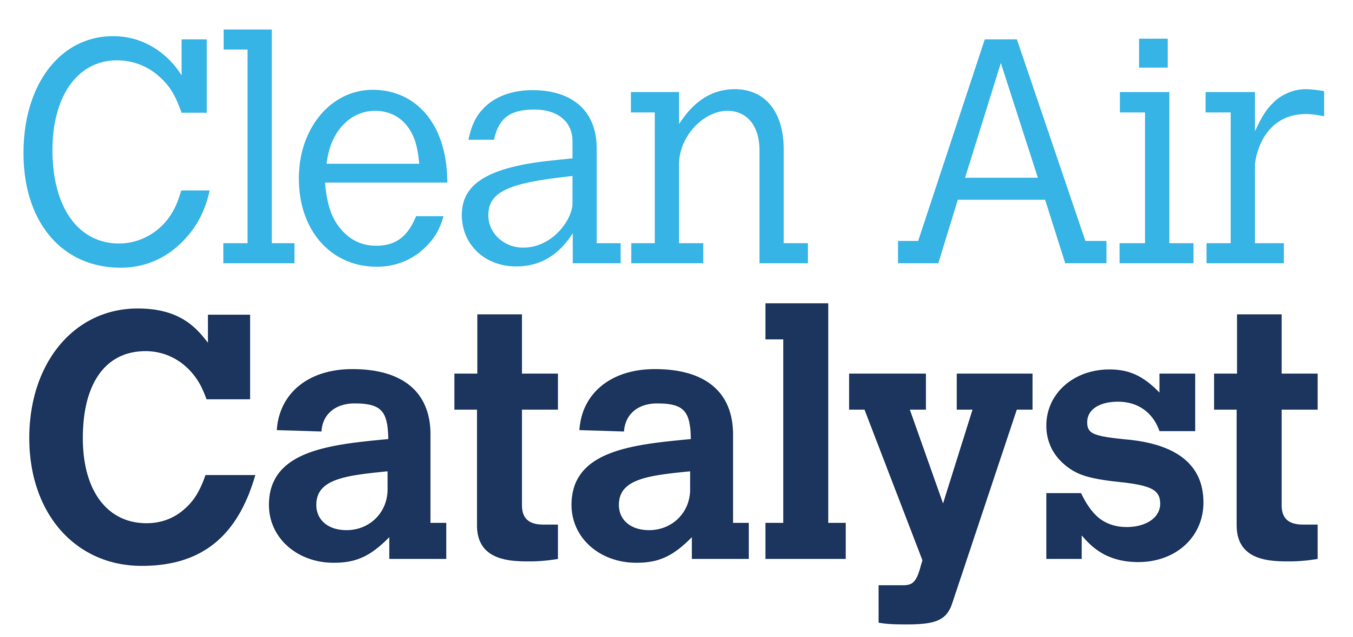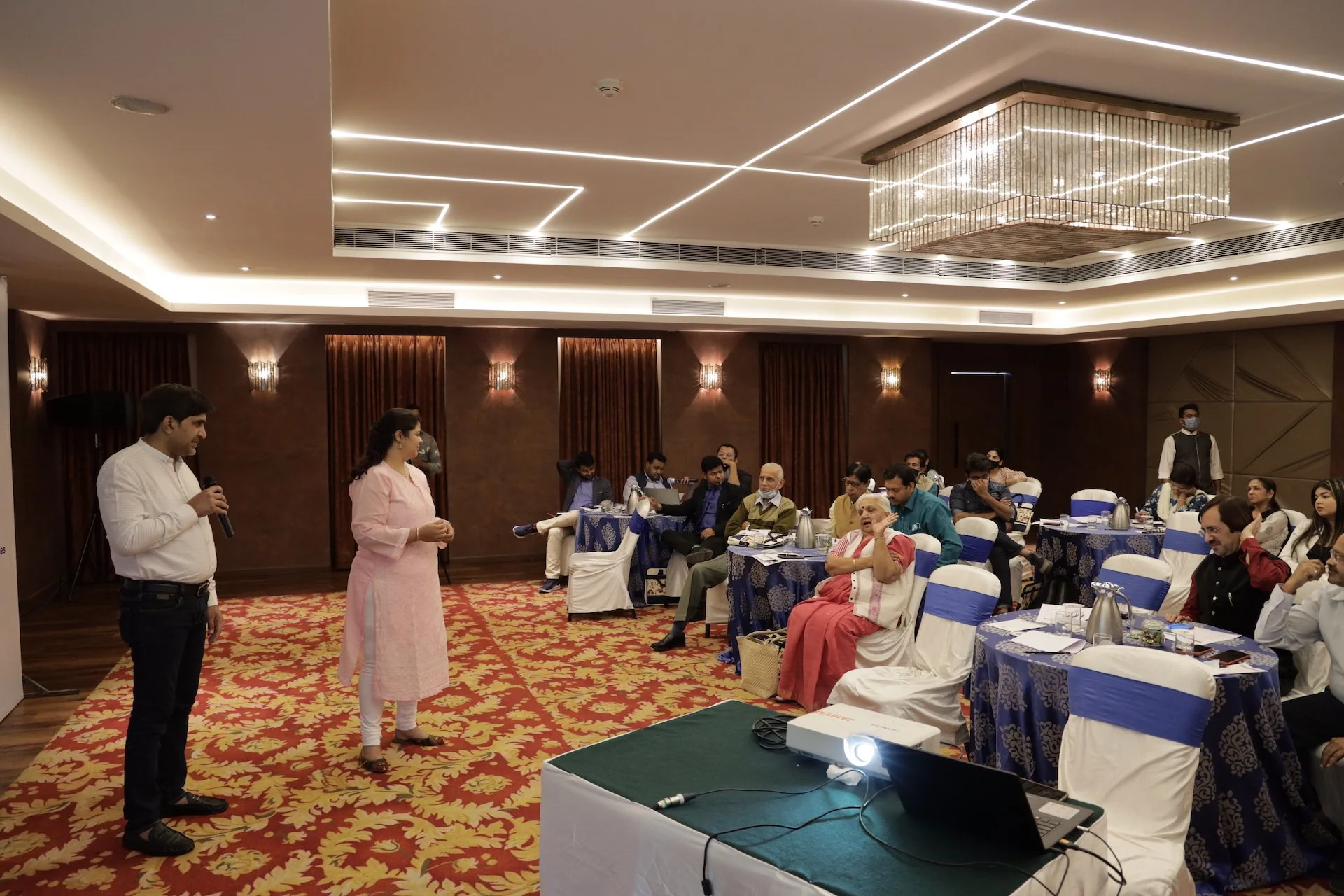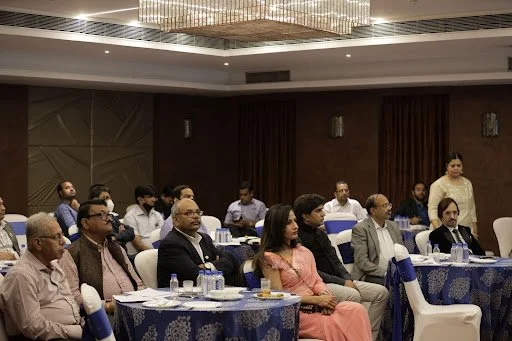Stakeholder Workshops in Indore Focus on Understanding the City's Air Pollution
Clean Air Catalyst workshop with representatives from the community sector.
By Kaushik Hazarika, EDF and Kidsena Tafesse, WRI, June 15, 2022
Over the last several months, Clean Air Catalyst held a series of workshops in Indore, India as part of the first phase of our project, focused on building a shared understanding of the sources of pollution amongst a diverse group of stakeholders from different backgrounds. Six different workshops were conducted engaging representatives from various sectors namely small industries, large industries, community, civil society, transport, and construction & hotels. The objectives were to familiarize participants with basic air quality issues, and to gather feedback on what they believe are the main sources of air pollution in their city.
Small Industries workshop held on Feb 19, 2022.
The workshops were attended by a total of 163 participants, 32% of whom were a part of the small & large industries, 21% members of local communities, 20% were civil society representatives,16% were from the transport sector and 11% representatives were from construction & hotels. Out of the total participants 33% were women.
Civil Society workshop.
The workshops successfully gathered valuable information on a variety of issues, like possible sources of pollution and areas most severely affected, how pollution affects genders differently, the major problems air pollution presents, and finally practical solutions and opportunities to solve these problems.
Some of the key takeaways from the workshops point to pollution from vehicles running on diesel and kerosine, industrial burning, and burning waste and crop residues as some of the main sources of air pollution that affect parts of the city like Jawahar Marg, Sanwer, Naka, and Palda among others. Stakeholders also identified school children, people using household fuels, workers in unrecognized sectors, and people who spend the majority of their time along the roads as populations most at risk of having high exposure to air pollution. The major problems identified by the groups were the focus on industrialization Indore is undergoing, local behavioral issues, the high costs to access compressed natural gas (CNG), and the lack of clean air solutions in many small industries.
Large Industries workshop held on Feb 22, 2022.
Finally, the groups identified various solutions to these problems. To curb pollution on the roads, some of the suggestions focused on transitioning from oil/diesel dependent vehicles to electric vehicles as well as upgrading the network of roads to tar-coated roads to help reduce dust particles, as well as creating more cycling infrastructures that allows more people to take on alternative modes of transportation.
Transport workshop.
Additionally, the workshop groups believed the government should take a more hands-on approach, by reducing burdens on small scale industries, revising its technology and industrial requirement standards, or creating a common waste disposal plant. Many participants also prioritized the need for better air quality information sharing, suggesting that air quality monitor display boards be installed in more locations and people be empowered to register air pollution complaints in mobile apps.





